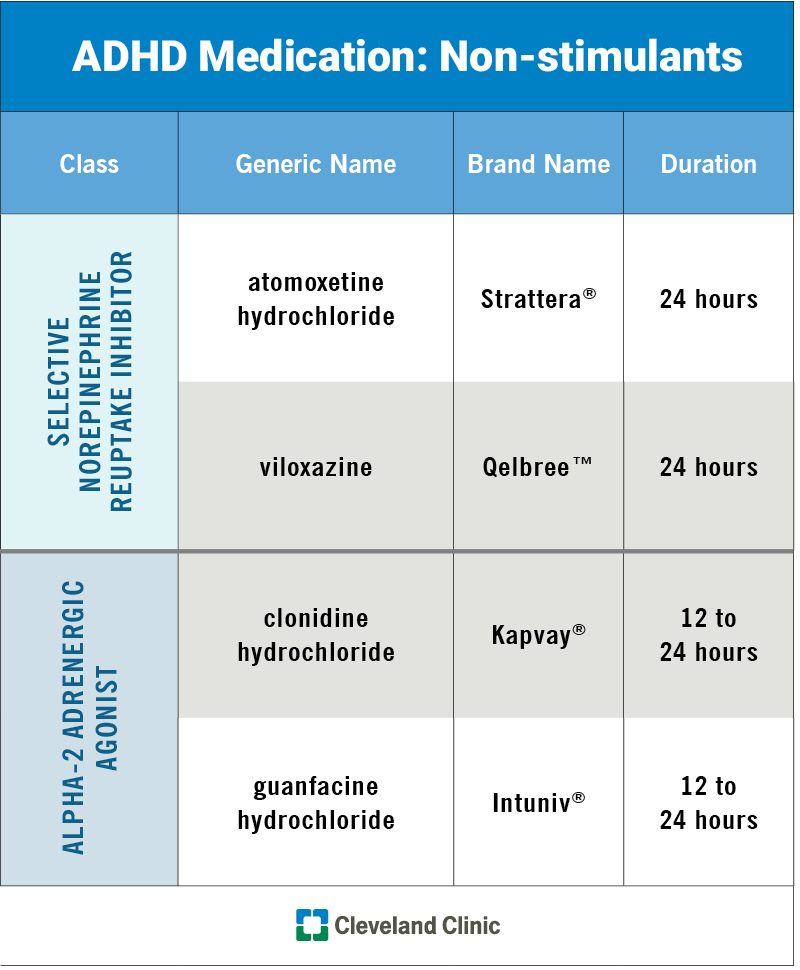Stimulant medications are commonly used to treat a variety of conditions, ranging from attention-deficit/hyperactivity disorder (ADHD) to narcolepsy. While stimulants can be effective in treating these conditions, they can also have serious side effects if not taken as prescribed. In this article, we’ll discuss what stimulant medications are and how they work, as well as the possible risks associated with their use. We’ll also look at how they compare to other medications used to treat the same conditions. By the end of this article, you’ll have a better understanding of the potential benefits and risks associated with stimulant medications.
Stimulant medications are medications that work to increase the activity of certain parts of the brain. They are typically used to treat attention-deficit/hyperactivity disorder (ADHD) and narcolepsy. Stimulant medications increase alertness, attention, and energy, and can help people with ADHD stay focused on tasks.

Contents
What is a Stimulant Medication?
Definition of Stimulant Medication
Stimulant medications are prescription drugs that are used to treat attention deficit hyperactivity disorder (ADHD) and narcolepsy. Stimulant medications are also sometimes used to treat depression, obesity, and sleep disorders. Stimulant medications are stimulants that act on the central nervous system (CNS) to increase alertness and energy levels, reduce fatigue, and improve concentration and focus. Stimulant medications are typically prescribed in the form of tablets, capsules, or liquid solutions.
Types of Stimulant Medications
There are several types of stimulant medications available. The most commonly prescribed stimulant medications are amphetamine-based stimulants, such as Adderall and Vyvanse. These medications work by increasing the amount of dopamine and norepinephrine in the brain, which helps to improve concentration and focus. Other stimulant medications include methylphenidate-based stimulants, such as Ritalin and Concerta, and atomoxetine (Strattera), a non-stimulant medication.
Side Effects of Stimulant Medications
Stimulant medications can have a variety of side effects. Common side effects include insomnia, decreased appetite, headache, irritability, and nausea. Stimulant medications can also cause an increase in blood pressure and heart rate. It is important to talk to your doctor about any side effects that you experience while taking stimulant medications.
Uses of Stimulant Medications
Stimulant medications are most commonly used to treat attention deficit hyperactivity disorder (ADHD). Stimulant medications increase the amount of dopamine and norepinephrine in the brain, which helps to improve concentration and focus. Stimulant medications can also be used to treat other conditions, such as narcolepsy, depression, obesity, and sleep disorders.
Advantages of Stimulant Medications
Stimulant medications are effective in treating attention deficit hyperactivity disorder (ADHD). Stimulant medications can improve concentration and focus, reduce impulsivity, and increase alertness and energy levels. Stimulant medications can also be used to treat other conditions, such as narcolepsy, depression, obesity, and sleep disorders.
Disadvantages of Stimulant Medications
Stimulant medications can have a variety of side effects. Common side effects include insomnia, decreased appetite, headache, irritability, and nausea. Stimulant medications can also cause an increase in blood pressure and heart rate. It is important to talk to your doctor about any side effects that you experience while taking stimulant medications. Additionally, stimulant medications can be habit-forming and can cause withdrawal symptoms when they are stopped.
Safety of Stimulant Medications
Stimulant medications are safe when used as directed. It is important to talk to your doctor about any side effects that you experience while taking stimulant medications. Additionally, stimulant medications can be habit-forming and can cause withdrawal symptoms when they are stopped.
Children and Stimulant Medications
Stimulant medications are generally safe for children when used as directed. Children taking stimulant medications should be closely monitored for any changes in their behavior or mood.
Adults and Stimulant Medications
Stimulant medications are generally safe for adults when used as directed. Adults taking stimulant medications should be closely monitored for any changes in their behavior or mood. Additionally, stimulant medications can be habit-forming and can cause withdrawal symptoms when they are stopped.
Top 6 Frequently Asked Questions
What is a Stimulant Medication?
A stimulant medication is a type of drug that increases alertness, energy, and attention. It increases the activity of certain chemicals in the brain, including dopamine and norepinephrine. Stimulant medications are often prescribed to treat attention deficit hyperactivity disorder (ADHD).
What Types of Stimulants Are Available?
There are several types of stimulant medications available. The most commonly prescribed stimulants are methylphenidate (Ritalin) and amphetamines (Adderall). Other types of stimulants include modafinil (Provigil), lisdexamfetamine (Vyvanse), and atomoxetine (Strattera).
What Are the Side Effects of Stimulants?
The most common side effects of stimulant medications include insomnia, loss of appetite, headache, stomach pain, and irritability. Other possible side effects include anxiety, dizziness, increased heart rate and blood pressure, and tics.
How Are Stimulants Used to Treat ADHD?
Stimulants are used to treat ADHD by increasing alertness, energy, and attention. They also improve the ability to focus and control impulsive behavior. Stimulants can help reduce hyperactivity and improve academic performance.
How Are Stimulants Taken?
Stimulants are typically taken orally in tablet, capsule, or liquid form. Some stimulants can be taken in a patch form. Stimulants can also be taken intranasally or injected.
Who Should Avoid Taking Stimulants?
Stimulants should be avoided by those with a history of heart problems, mental health issues, or drug or alcohol abuse. Stimulants should also be avoided by those who are pregnant or breastfeeding. People with a history of seizures or tics should talk to their doctor before taking stimulant medications.
Why Stimulant Medication Helps ADHD — and How Stigma Can Hurt
A stimulant medication is an important tool in the management of many medical conditions, and can provide relief from symptoms ranging from fatigue to difficulty concentrating. With careful monitoring and the right dose, stimulants can help improve quality of life for those with conditions that can be helped by these medications. It is important to note, however, that stimulants are not a cure-all, and should only be used under the supervision of a qualified healthcare provider. With thoughtful and informed use, stimulants can be an effective part of a comprehensive treatment plan for many medical issues.

